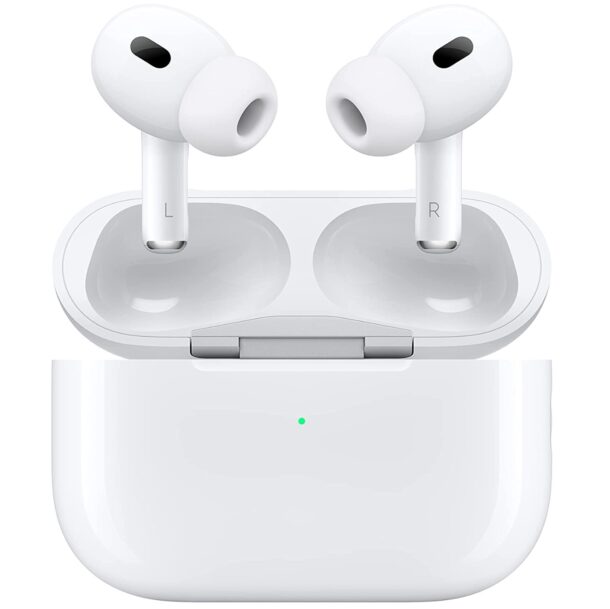Beta 1 of iOS 18.6 & MacOS Sequoia 15.6 Released for Testing

Apple has issued the first beta versions of iOS 18.6 for iPhone, iPadOS 18.6 for iPad, and MacOS Sequoia 15.6 for Mac. These beta versions of system software are now concurrent with the next-gen iOS 26, iPadOS 26, and MacOS Tahoe 26 betas, which are also on the first beta.
The new beta versions of system software are intended as point release updates to the current generations of system software, meaning they’ll likely focus on bug fixes and security enhancements, over major new features. It’s possible some minor new features or changes will be included in iOS 18.6 and MacOS Sequoia 15.6, but the majority of new feature efforts are being put towards the iOS 26 and MacOS Tahoe 26 betas instead.



















